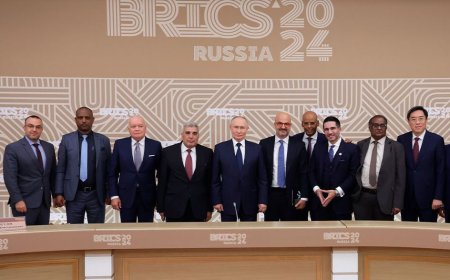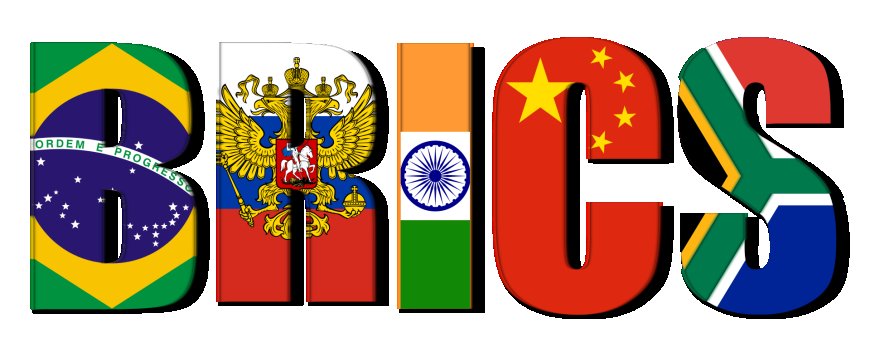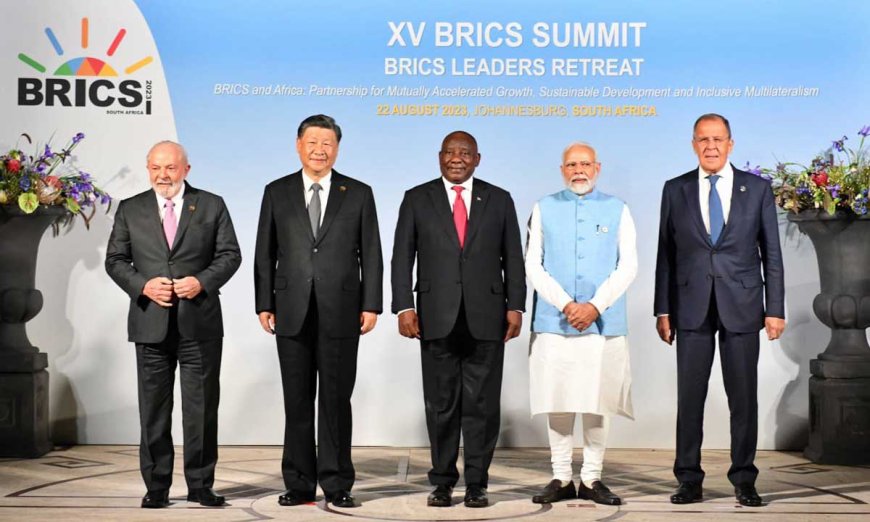The Evolution of BRICS: From Investment Concept to Geopolitical Powerhouse
BRICS is a coalition of countries consisting of Brazil, Russia, India, China, South Africa, Iran, Egypt, Ethiopia, and the United Arab Emirates. The term BRIC was first introduced in 2001 by Jim O'Neill, who was the chairman of Goldman Sachs Asset Management at the time. His publication, "Building Better Global Economic BRICs," aimed to identify key investment opportunities in these rapidly growing markets. What started as an investment strategy quickly transformed into a significant geopolitical alliance, with member nations conducting regular summits and aligning on multilateral policies since 2009. The core principles governing the relationships within BRICS are non-interference, equality, and mutual benefit.
The initial BRICS members—Brazil, Russia, India, and China—held their inaugural summit in Yekaterinburg in 2009, and South Africa joined the group in 2010. On January 1, 2024, Iran, Egypt, Ethiopia, and the United Arab Emirates were formally inducted as members. While Saudi Arabia has yet to gain official membership, it participates in BRICS activities as an invited nation.
Together, the BRICS nations cover roughly 30% of the world's landmass and represent 45% of the global population. South Africa leads as the largest economy in Africa, while Brazil, Russia, India, and China are among the top ten countries globally in terms of population, land area, and gross domestic product (GDP), both nominally and when adjusted for purchasing power parity (PPP). All five of the original BRICS members are also part of the G20, collectively contributing $28 trillion in nominal GDP (around 27% of the global economy) and approximately $57 trillion in GDP (PPP), accounting for 33% of the world's GDP (PPP), with an estimated $4.5 trillion in foreign reserves as of 2018.
BRICS is often viewed as a formidable geopolitical counterbalance to the G7, the group of leading advanced economies. The bloc has initiated several strategic projects, such as the New Development Bank, the BRICS Contingent Reserve Arrangement, BRICS Pay, the BRICS Joint Statistical Publication, and the proposed BRICS basket reserve currency. While BRICS has been both lauded and criticized, its impact on the global stage is undeniable.
What's Your Reaction?






























































